For more than three hundred years, African Americans have sought racial justice in the Massachusetts courts. In examining this history, we see that victories have been won only through perseverance, courage and the willingness—often with blacks and whites joining forces—to take substantial risks. For African Americans in Massachusetts, the road to justice has been marked by great success and tragic disappointment.
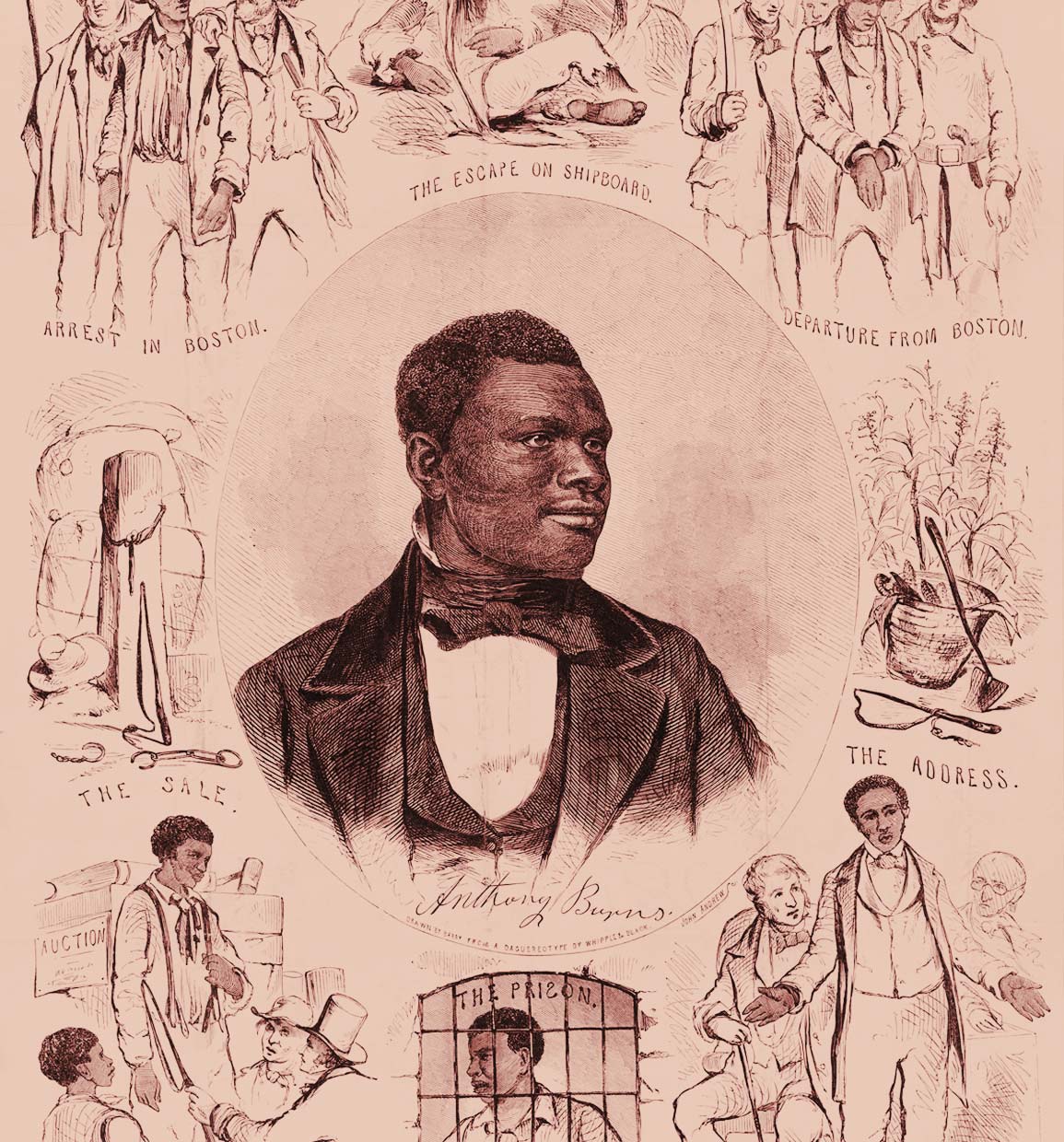

Explore Slavery
Slavery was common, legal, and vital to the colonial Massachusetts economy. As the legal historian, Judge A. Leon Higginbotham, Jr., observed, “Merchants from Massachusetts, the most vigorous slave traders in the world, made enormous profits from the slave trade.”
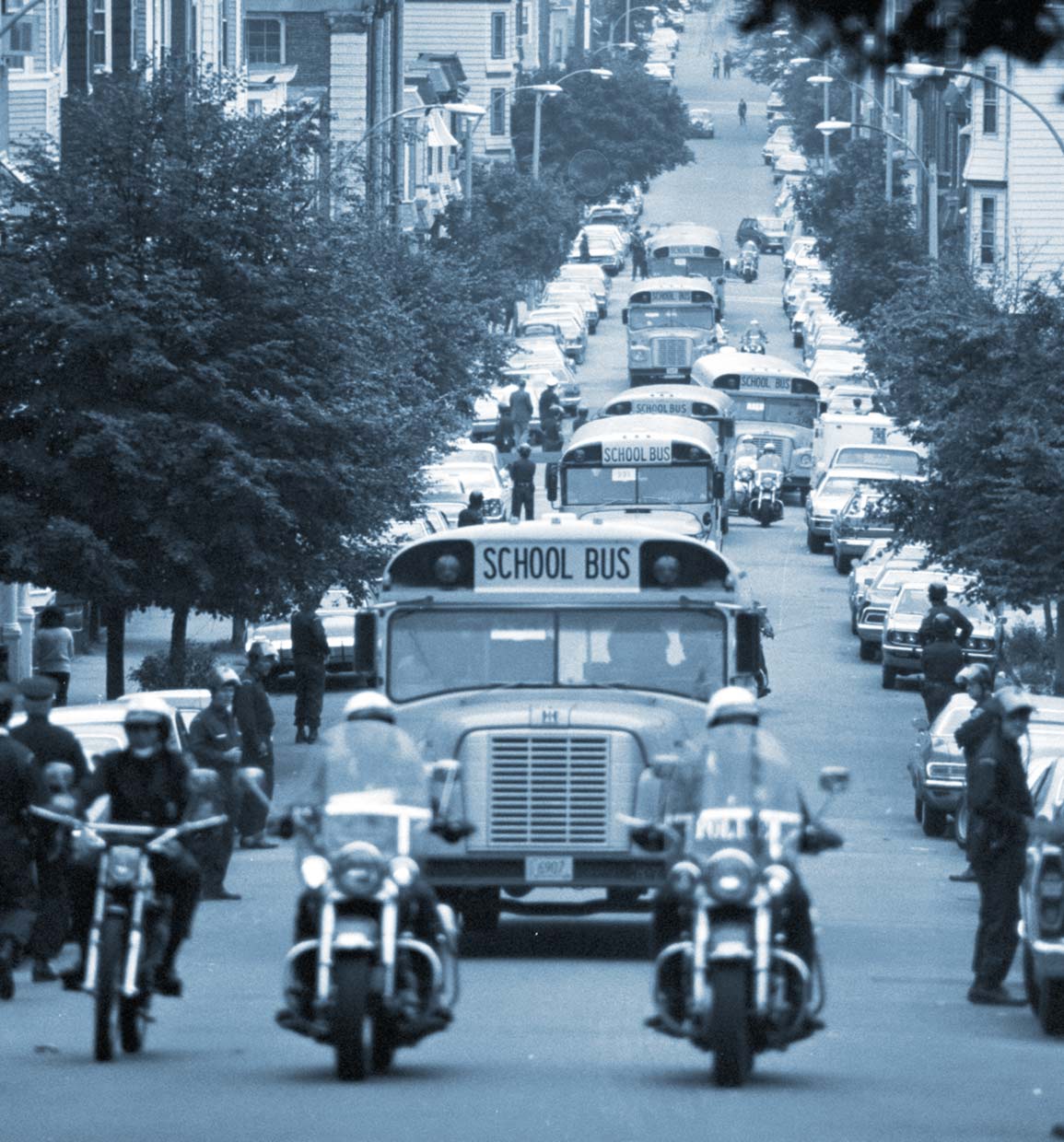

Explore Education
African Americans historically have struggled to gain equal educational opportunities. Initially denied any public education, blacks in Boston and a few other Massachusetts communities later attended racially segregated public schools.
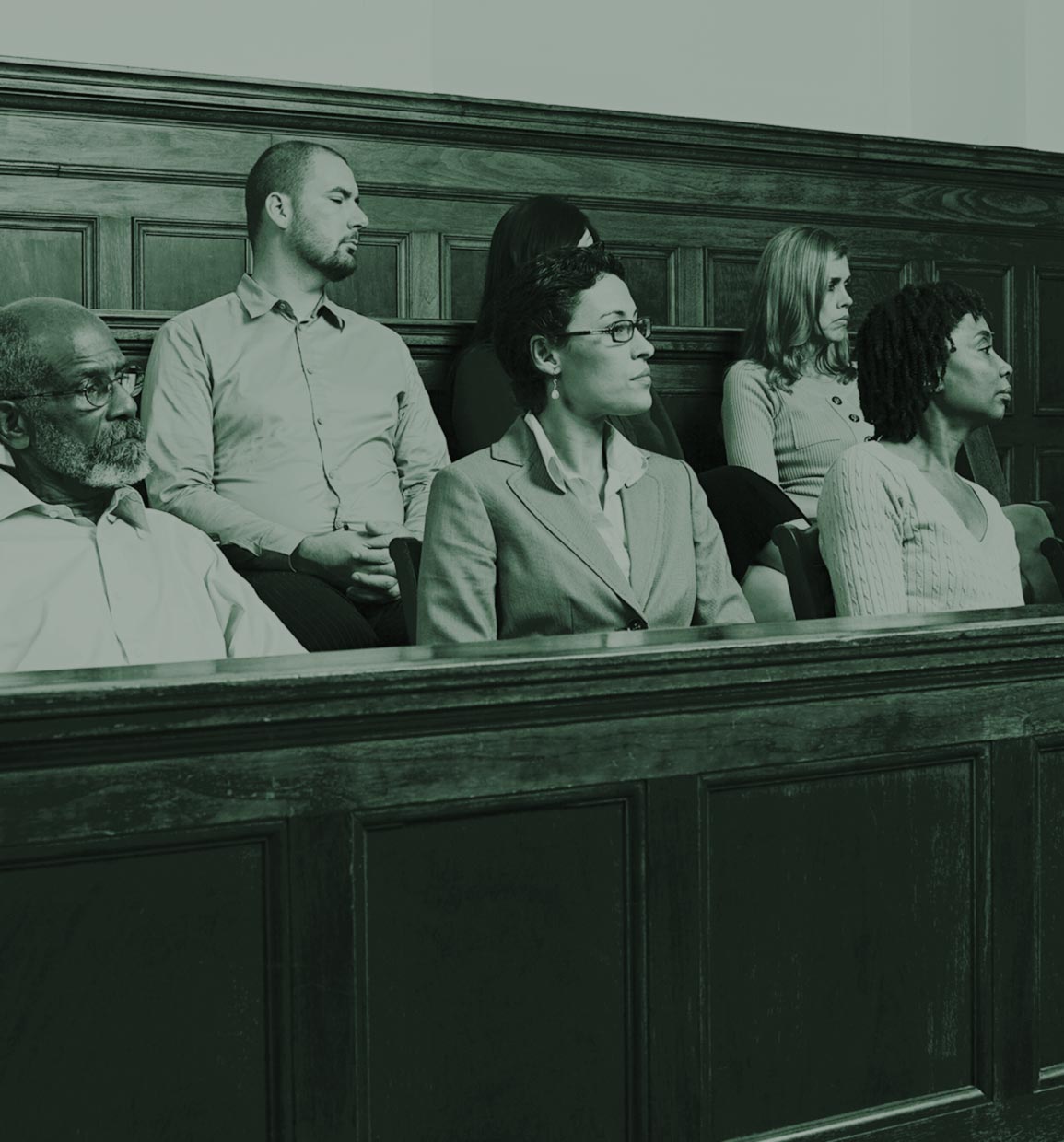

Explore Participation
For more than three centuries, African Americans have fought to achieve full participation and justice at every level of the Massachusetts court system.
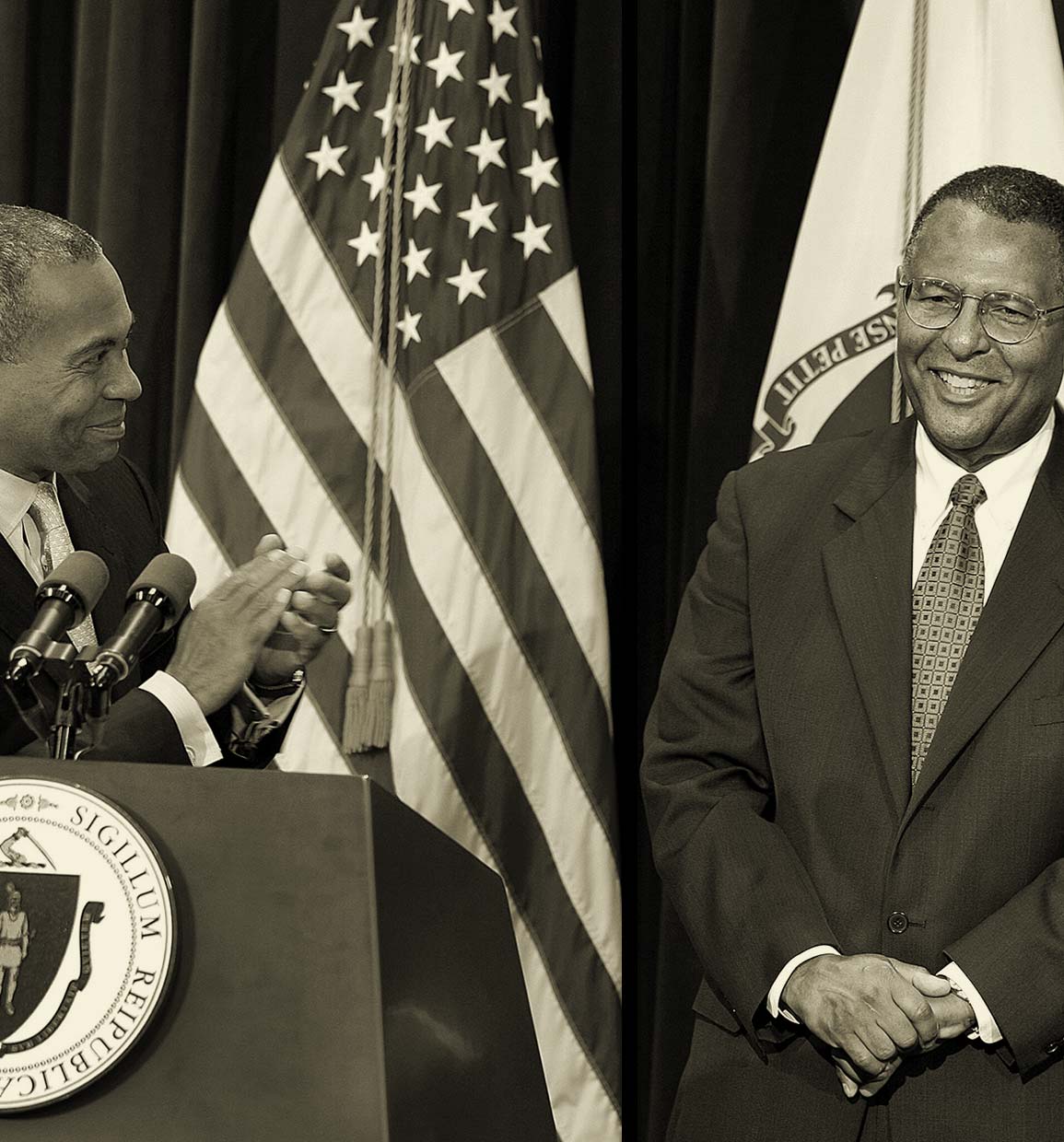
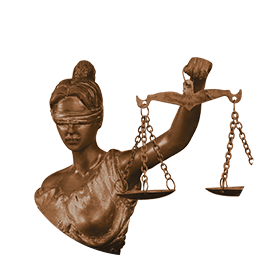
Explore Leadership
In the 20th century, African Americans slowly assumed positions of leadership in the Massachusetts courts. In the 21st century, the pace of change accelerated.
Visit the Exhibit
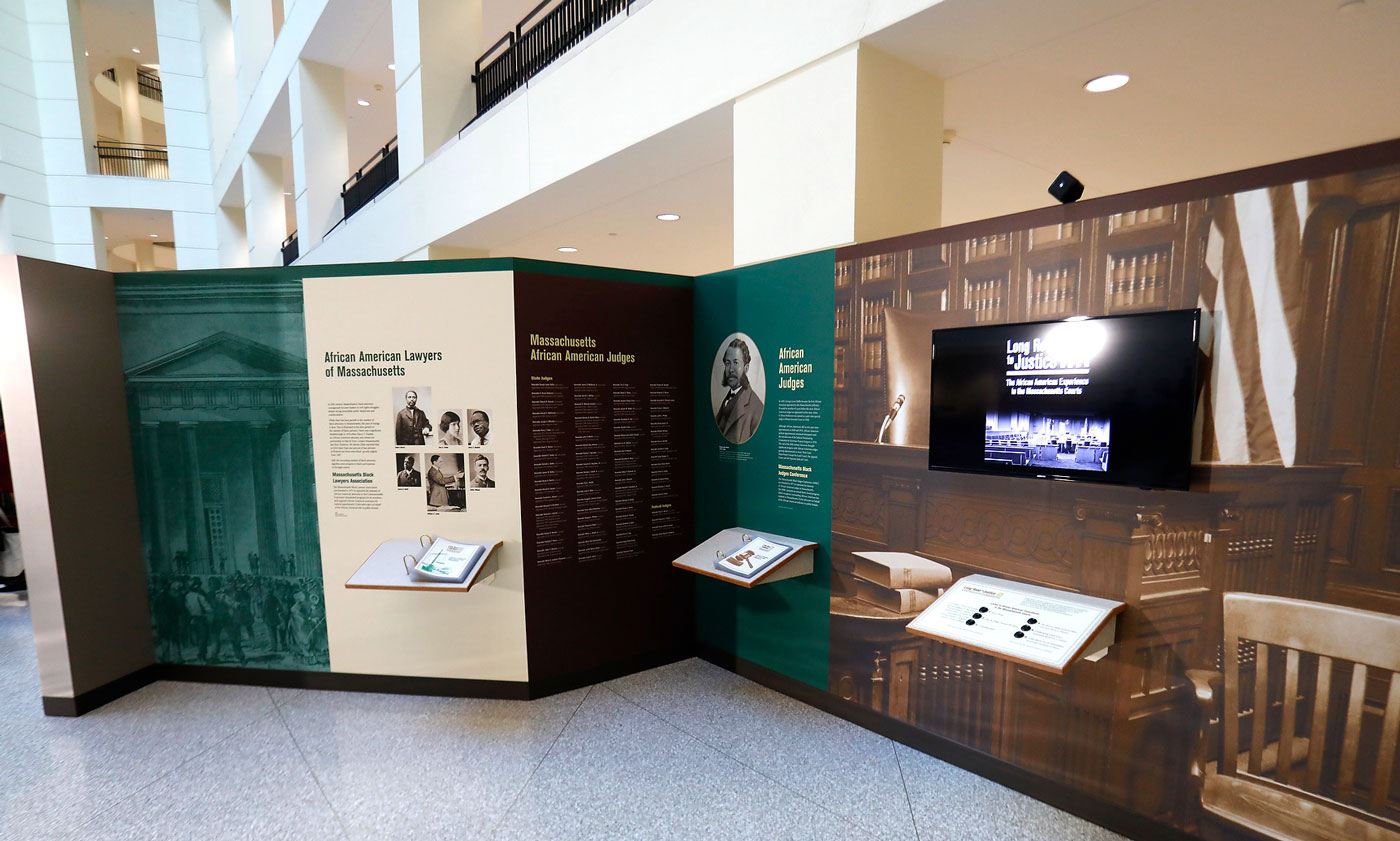
Long Road to Justice has now been permanently installed in Boston’s Edward W. Brooke Courthouse. You can visit the exhibit during courthouse hours.
Don't miss the Teacher's Guide for lesson plans and activities to extend your visit.
